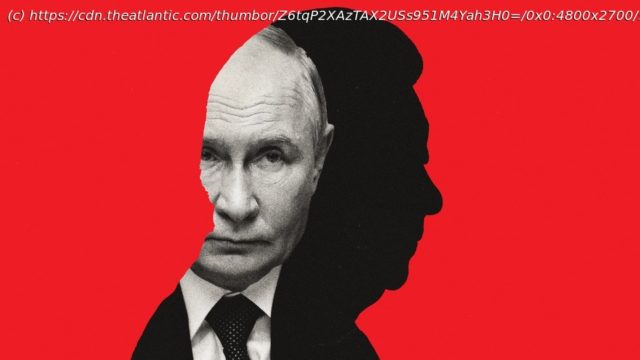North Korean troops are in Russia. Is that really what’s best for Beijing?
The war in Ukraine has been a showcase for cooperation among four states—Russia, China, Iran, and North Korea—that share an antipathy toward the United States and the international order it represents. Since invading its neighbor in 2022, Russia has sourced drones and missiles from Iran. In October, Washington sanctioned Chinese companies for working with Russian firms to produce drones. According to U.S. officials, China has also been supplying Russia with vital components that help sustain its war machine. And now North Korean troops have come to Russia, where, Ukrainian officials believe, they are preparing to join the invading forces. U.S. Defense Secretary Lloyd Austin said that if the troops did participate in the war, it would be a “very, very serious issue” with potential implications in both Europe and Asia.
Yet this cooperation masks divisions among the world’s major autocracies. Russia, China, North Korea, and Iran don’t necessarily agree on how to achieve their shared goal of countering American domination. Putin has chosen an expansionist war. North Korea and Iran—impoverished, isolated from the West, and zealously anti-American—have little to lose, and something material to gain, from assisting Russia. But China’s calculus is more complicated, because its desire to change the current world order is tempered by its reliance upon that very same order. The Chinese economy remains too dependent on the United States and its partners to risk being heavily sanctioned for shipping arms to Putin.
Constrained by these competing interests, Chinese leader Xi Jinping has taken a generally cautious approach to his global ambitions.






